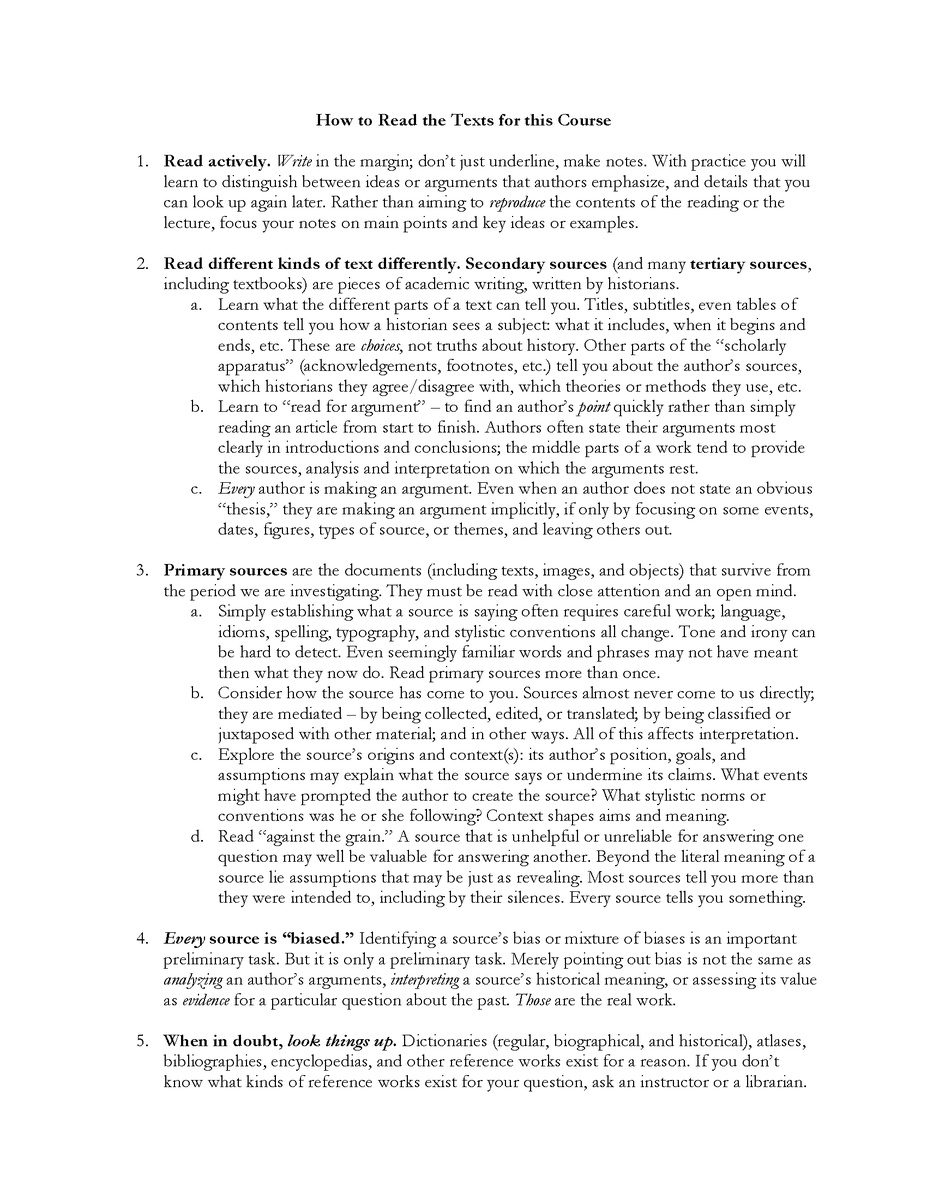what a peculiar, fascistic document
punchbowl.news/wp-content/upl…
punchbowl.news/wp-content/upl…
https://twitter.com/JakeSherman/status/1383106255930155008
"ideological flexibility" = mixing metaphors for the good of the nation
can't make an omelette without sacrificing some toes
can't make an omelette without sacrificing some toes

I tend to think these bold diplomatic initiatives might involve tax dollars going abroad, but what do I know 

"it's not a hoax, but maybe it is, and anyway China did it, so the CDC must stop locking down families" 



credit where it's due, education is indeed harmful to this worldview
can't tell whether "primary and secondary" means universities are being eliminated or whether they just forgot they exist
can't tell whether "primary and secondary" means universities are being eliminated or whether they just forgot they exist

having laid into international trade and decried state tyranny, we now mourn the passing of post-Tiananmen, PNTR-status China 

• • •
Missing some Tweet in this thread? You can try to
force a refresh


















